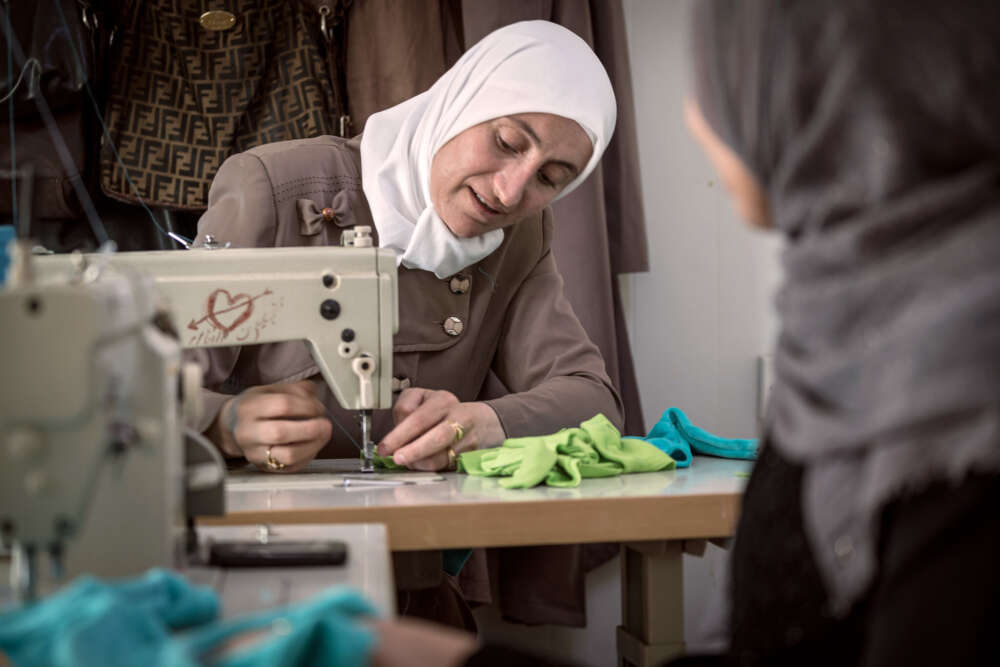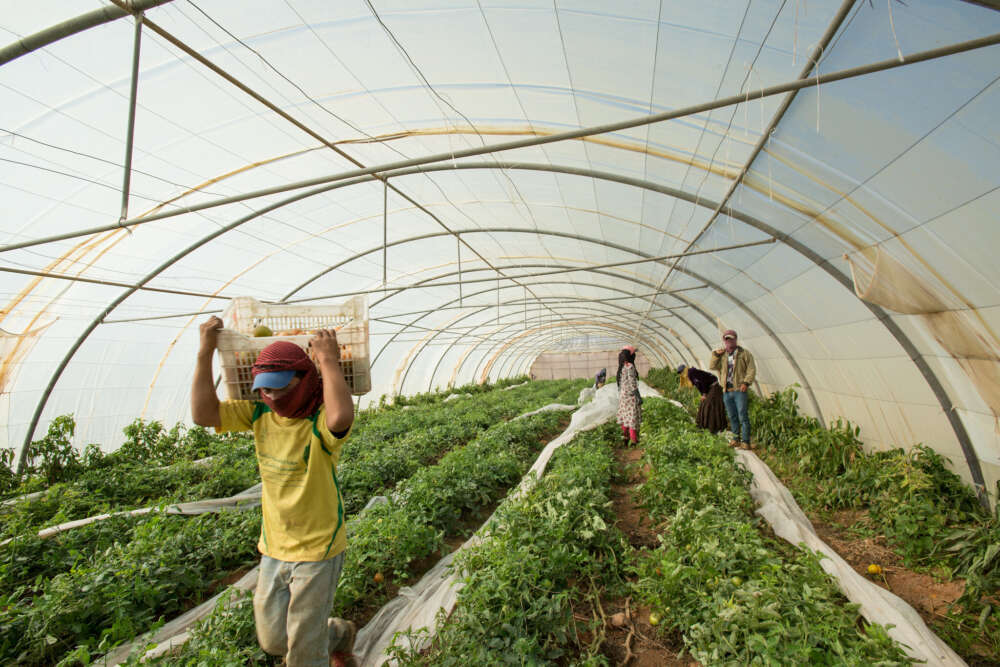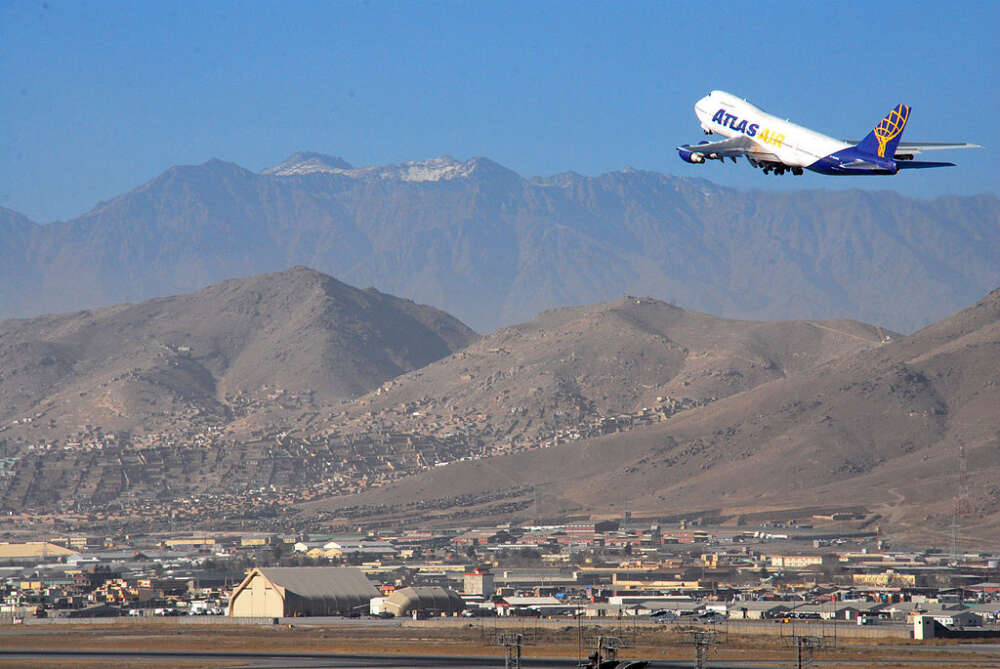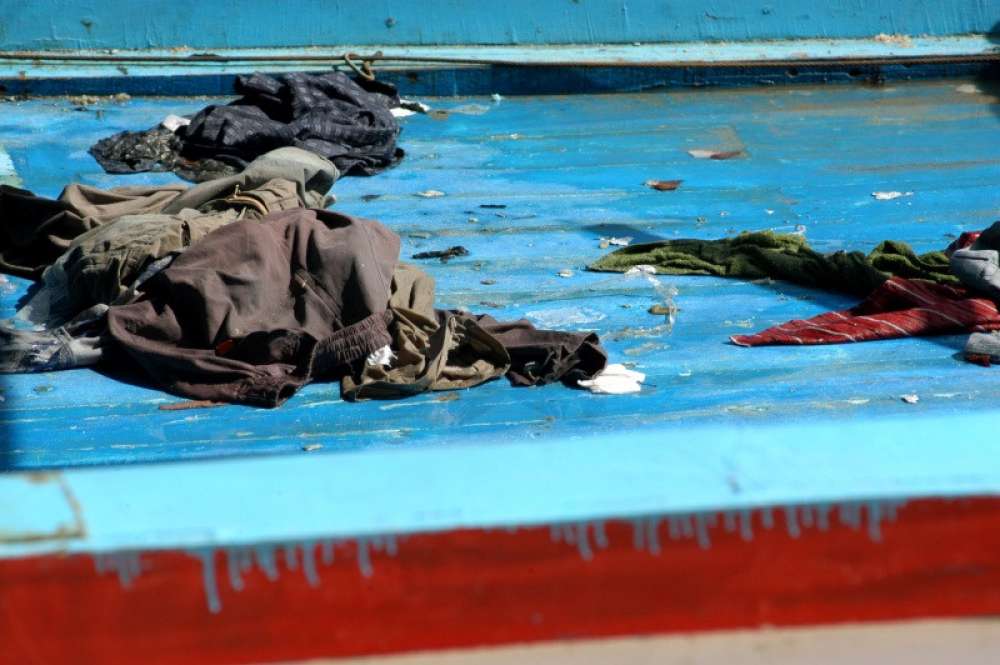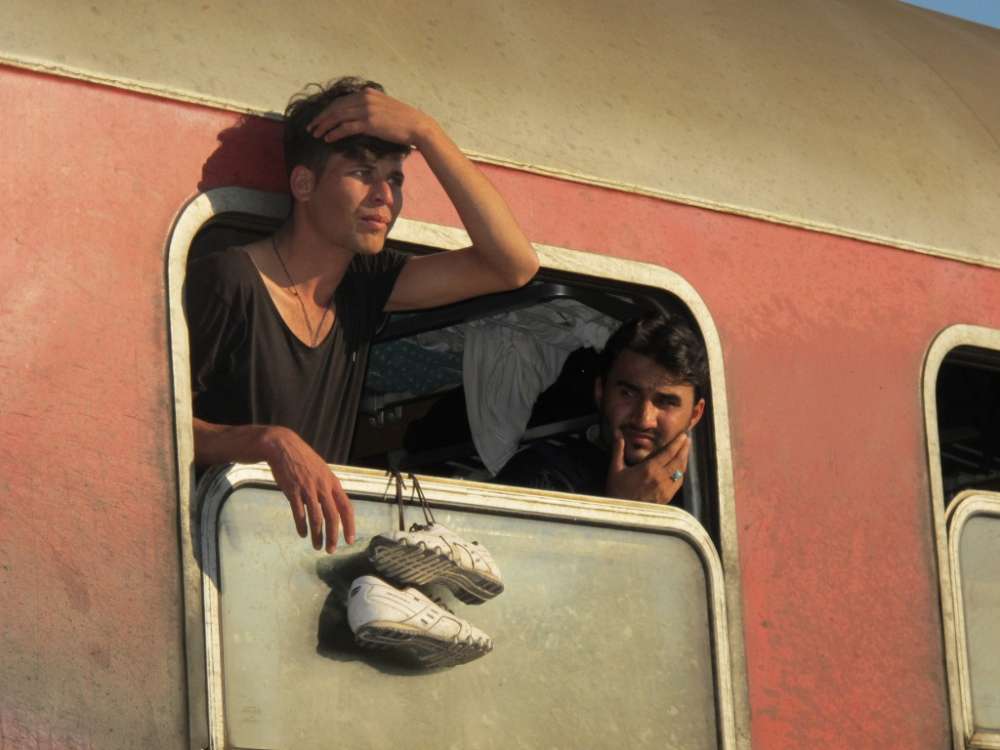Fleeing Into Crisis: Looking Back On the European “Refugee Crisis” of 2015
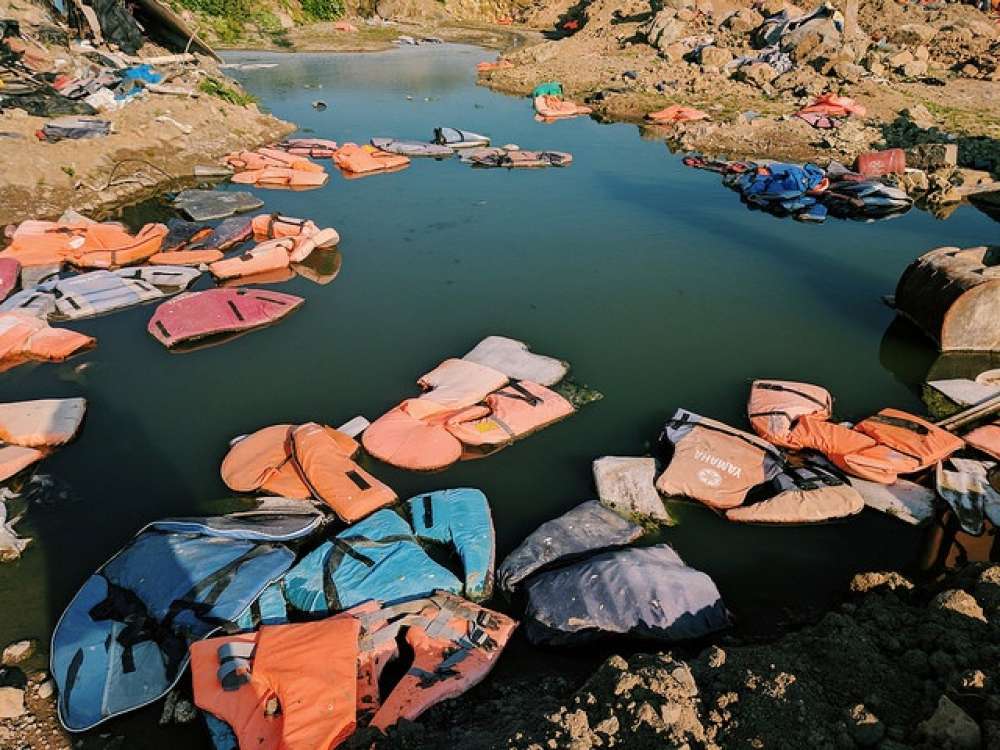
In 2015, the number of asylum applications to the European Union reached an all-time high. But numbers alone do not explain why the events of 2015 were commonly referred to as a refugee (or migrant) “crisis.” It is important to contextualize the high number of entries against an EU that is not only politically torn, but also underdeveloped in terms of legal and administrative capacities. This has led to dramatic scenes of stranded and desperate people at the external and internal borders of the Schengen area and within the non-Schengen transit countries. The recognition of refugee status or any other subsidiary status no longer guarantees effective protection, and volunteers can make up for only a fraction of the lack of state responses. The existing instruments of refugee protection have failed, in particular the Dublin Regulation, which determines the EU state responsible for making a decision on an application for asylum. Despite this, EU members have yet to come to an agreement on some measure of sustainable reform. Whether the EU will have greater agency in 2016 than in 2015 depends on whether current ad-hoc measures will be developed into permanent mechanisms. Necessary responses concern all aspects of responsibility sharing: border protection that complies with human rights, a functioning registration process, a reform of the Dublin system, greater cost-sharing, more effective monitoring and incentives for compliance with existing standards, as well as complementing the regular asylum system with resettlement and humanitarian admission. In developing such responses, governments face the dilemma posed by a potential “Europeanization”: EU-wide, rather than national, responses promise the greatest chance of success, but they also make the EU vulnerable to Eurosceptic opponents of refugee protection and of migration in general.
…
This is a summary of a German-language paper that ran in the December 18, 2015 issue of Aus Politik und Zeitgeschichte, supplement of the weekly newspaper Das Parlament.
